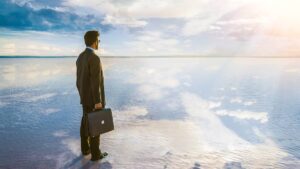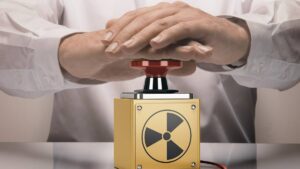Here’s how South Australians and their small caps are trying to put themselves on the map
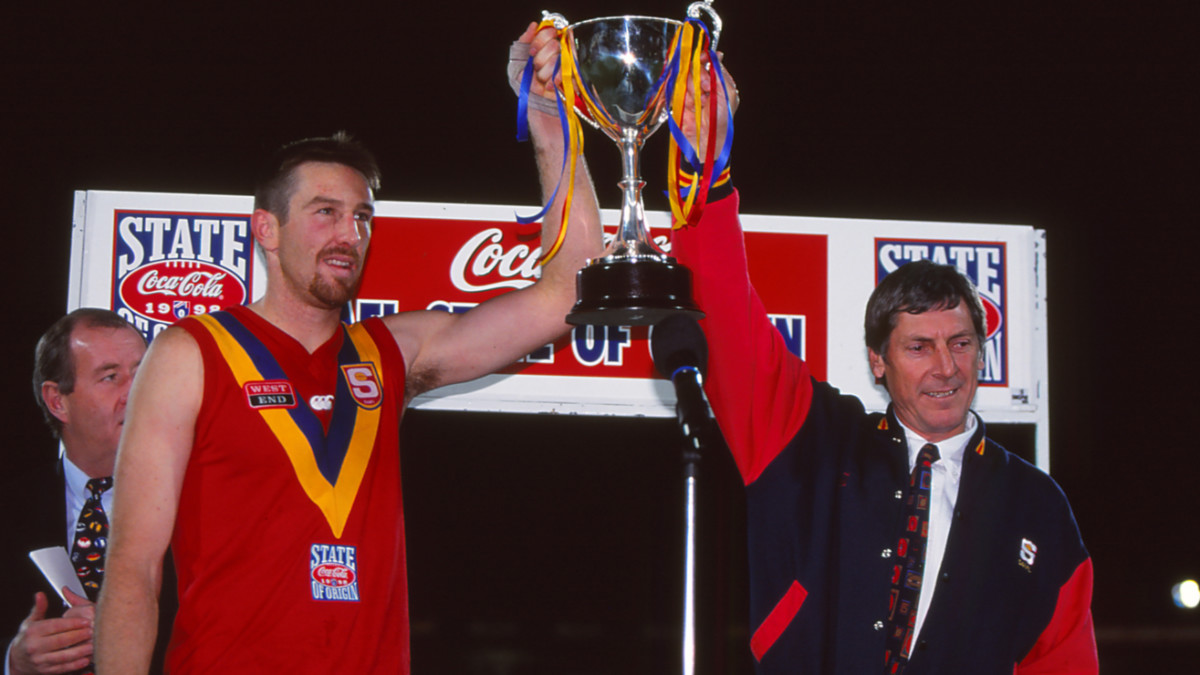
SA won one of the last state of origin matches in 1998 (Pic: Getty)
People in Sydney and Melbourne might think of Adelaide as home to little more than football, wines and an electricity network that isn’t always up to scratch.
But as Lanyon Asset Management managing director David Prescott noted, the world’s most successful investor Warren Buffett was based in Omaha, Nebraska and often quips it’s the right distance from Wall Street. “We think there are some parallels to Warren’s and our somewhat remote location,” he said.
South Australia is home to around 70 ASX listed companies, some of which presented at the Exchange SA conference last Thursday.
Prescott was one of the last speakers of the day. After the audience had heard almost every industry on the ASX represented in the Festival State, he said Lanyon was going to get these companies on the map.
An SA-only fund
He announced Lanyon was launching the state’s first South Australia companies fund. It will invest only in South Australian companies and be run by a local team.
“We think South Australian companies need to be owned in some way by South Australian investors,” he said. “These [companies] are often overlooked by Collins St and Martin Place and even among South Australian companies – what portion of your companies are owned by South Australian investors? Low.”
The fund will invest in listed companies as well as those with a path to listing. It will be the first investor and will hold cash until it can find opportunities.
It pays to be premium
There are few better ways to put yourself on the map than declaring yourselves a premium product. Kingfish producer Clean Seas Seafood (ASX: CSS) called its produce “the Aston Martin of the seafood family” and went to the point of offering attendees their produce for lunch.
Australia’s consumption of kingfish is second only to Japan, but still 10 times more than Europe and nearly 50 per cent more than America.
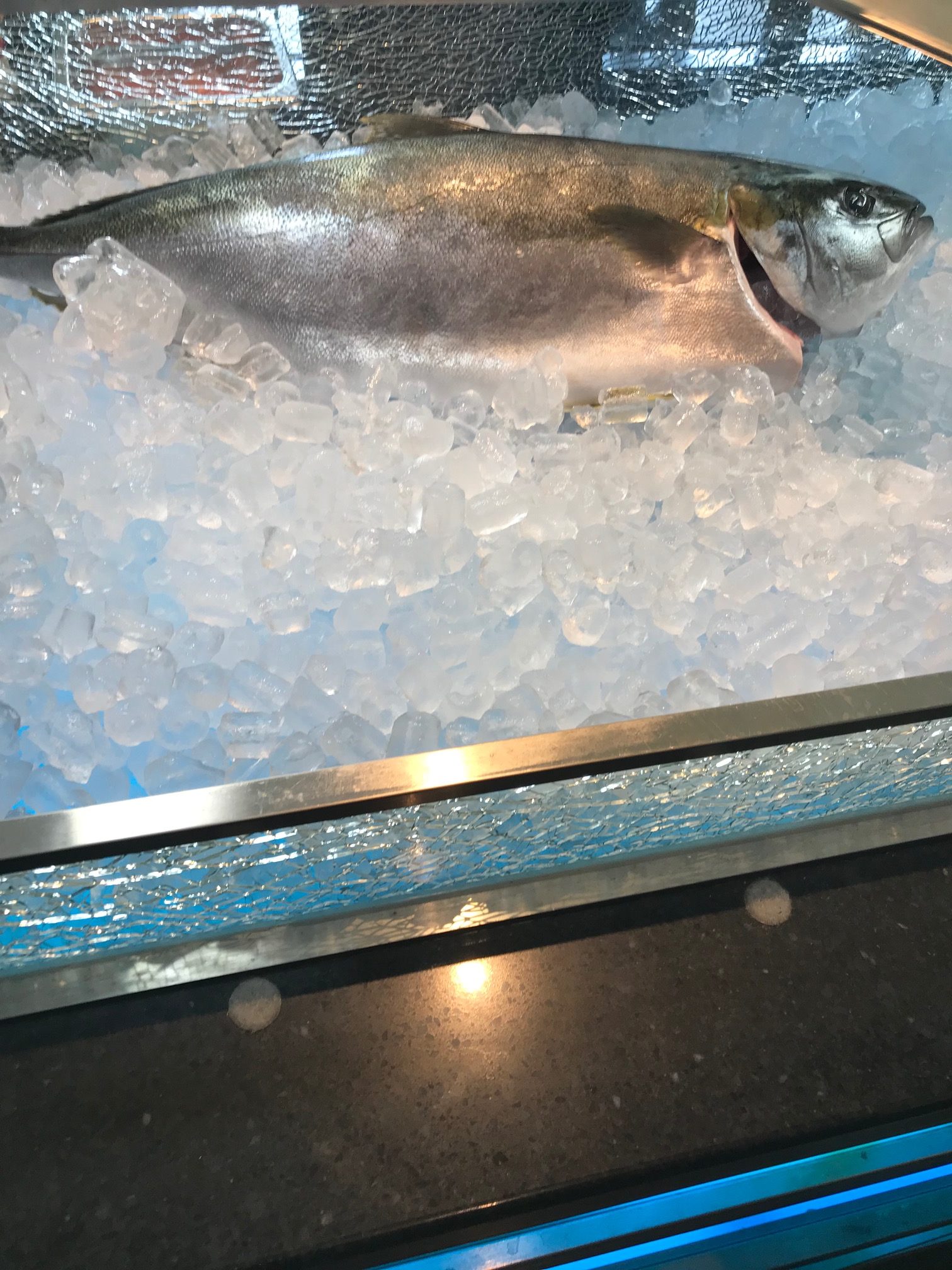
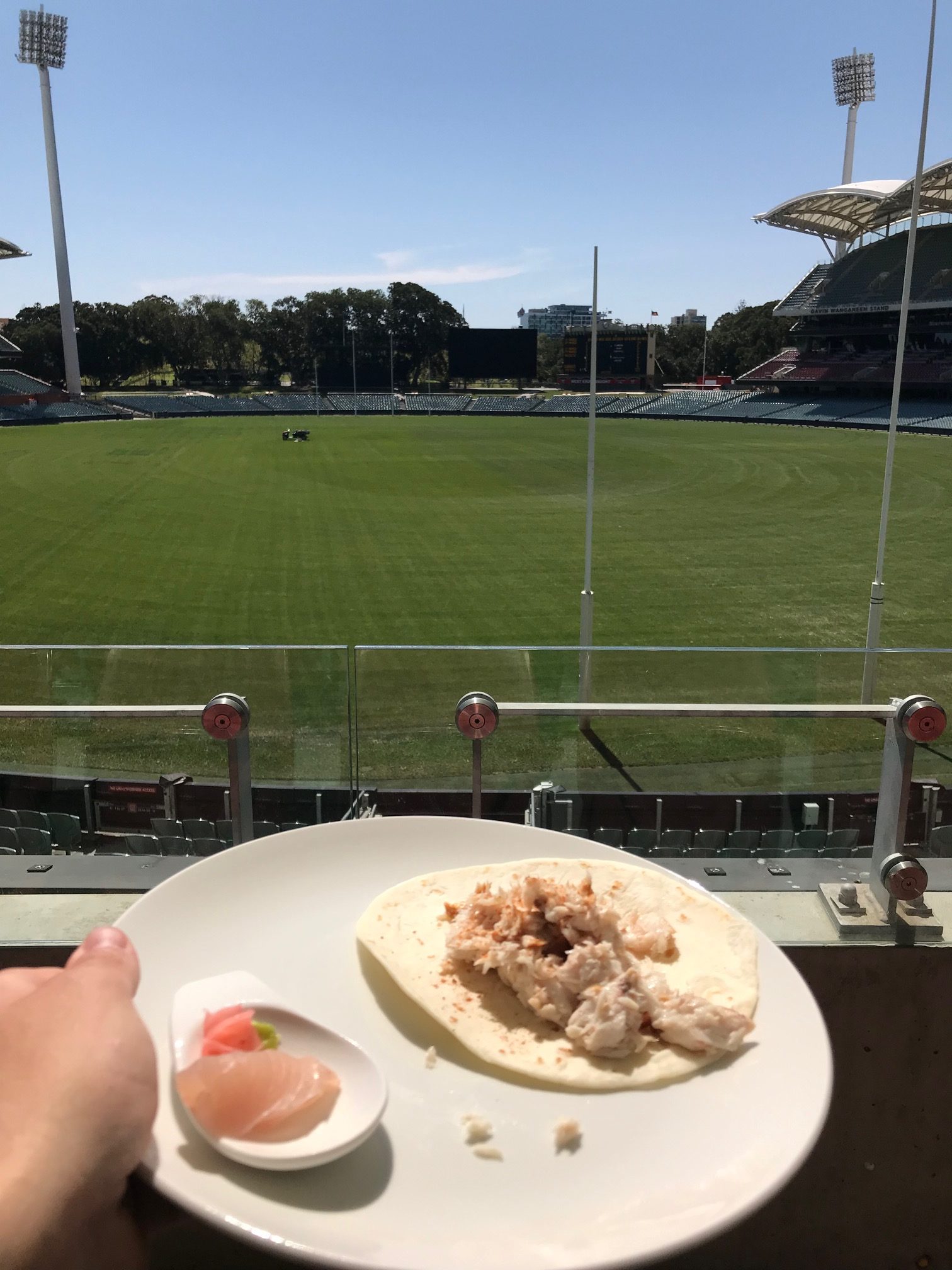
Pics: Nicholas Sundich
Micro-X (ASX: MX1) boss Peter Rowland began his talk with a one sentence summation of his company. “We are the only company in the world that has the next generation of X-Ray technology.”
His next sentence? “It’s designed, manufactured and owned right here in Adelaide.”
Mining
West Australia may have abundant gold and iron ore. But South Australia has the world’s largest resource of halloysite kaolin, a mineral that can be used to break down petrochemicals and produce carbon nano-structures for the battery industry.
It is a rare mineral and is priced accordingly. Direct shipped ore (with 50 per cent sand) is priced at $115-$140 per tonne.
But dry processed kaolin/halloysite is $350-$500 and the wet-refined variety is $700-$1000.
Andromeda Metals (ASX: ADN) managing director James Marsh told attendees he wants “to be a world leading producer of halloysite kaolin and specialist nanotube technology company. We have lots of it and it’s in demand.”
It owns a project near Ceduna in a joint venture with Minotaur. The project has a JORC estimated resource of 9.7 million tonnes.
Investors have been excited: the stock is up nearly five times since late-June. However, full operations won’t begin until 2021.
Jobs and growth
South Australian minister for trade David Ridgeway attended yesterday and he argued confidence was high in South Australia. “I see 11 cranes out of my office window, none of which [are funded] by the government,” said Ridgeway. “We have a continual stream of businesses wanting to invest in SA.”
Adelaide is one of two state capital cities that qualifies for the Regional Migration Scheme – Hobart being the other. He argued the state could attract experienced workers and encourage uni students to stay rather than return home.
“If someone spends three to four years at university and another three to four years working, they’ll stay here,” he declared.
South Australia is opening trade and commission offices around the world and its next one is in Houston. Lanyon Asset Management’s Tim Clark (who has lived in Sydney, the US and China before moving back to South Australia) admitted “people don’t know Adelaide”, but believed steps like this would help.
“I think there are similarities and cultural values [with Houston], if we have tourists coming from America, it’s really going to boost our profile.”
Another presenter was the ASX’s only timber company Kangaroo Island Plantation Timbers (ASX: KPT). Its CEO John Sergeant noted South Australia is 30 per cent poorer than the rest of the nation when measured against the national average income.
The company grows its trees on Kangaroo Island for timber to ensure long-standing state forests will not have to be logged.
“Tourism and agricultural are relatively seasonal, Kangaroo Island needs jobs and year-round jobs,” he said.
UNLOCK INSIGHTS
Discover the untold stories of emerging ASX stocks.
Daily news and expert analysis, it's free to subscribe.
By proceeding, you confirm you understand that we handle personal information in accordance with our Privacy Policy.
